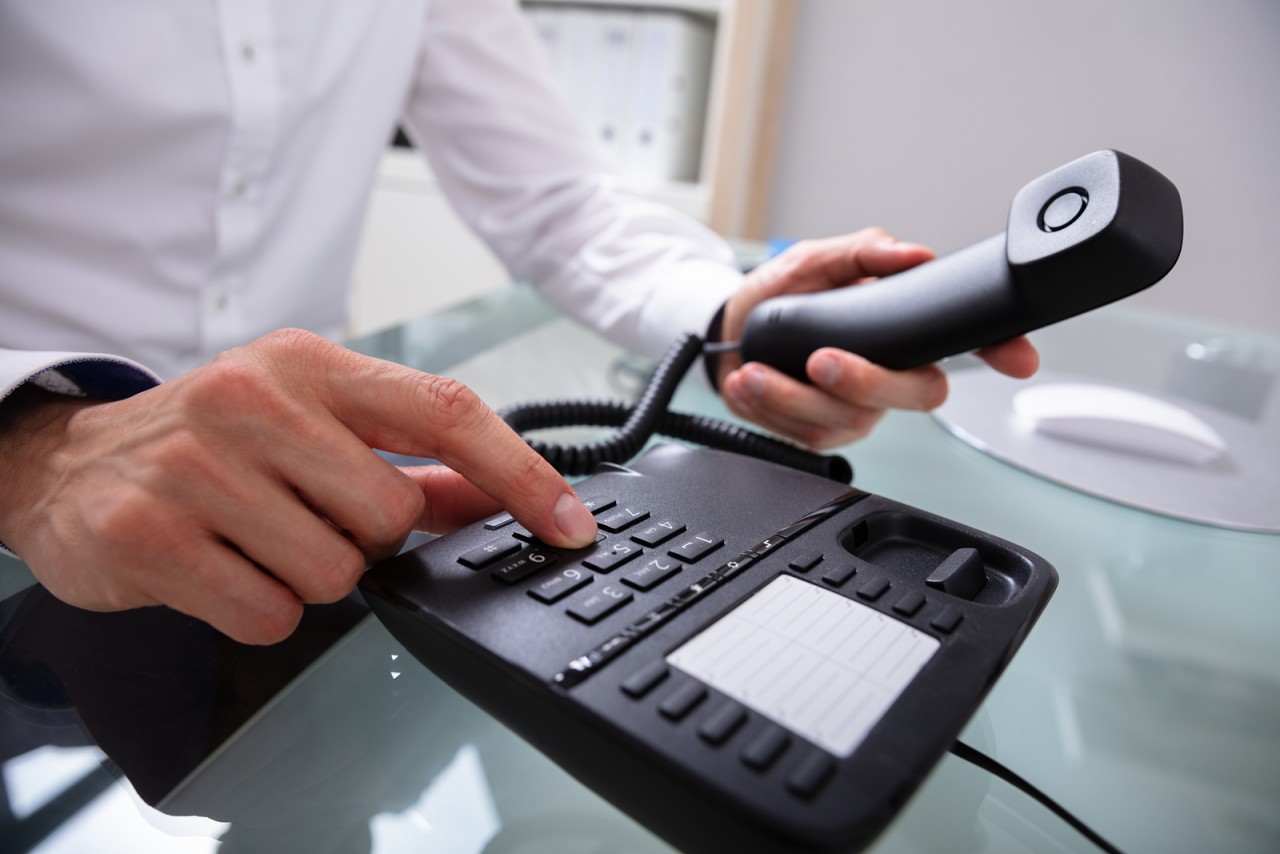Thank God for the telephone.
I promise this is the first time that sentence has ever come to my mind. I am not a huge fan of the phone, I would rather talk to a person face to face. I often feel like the phone allows everyone I know—everyone I do not know—to invade my space and interrupt my life. Most of the time, the phone seems like a necessary tool, a reality of life. Not today, not in this season.
As we work to shepherd the flock of God through the COVID-19 crisis, the phone is our friend. The phone is a gift from God—the perfect tool for the pastor.
Let me encourage you to call your people. The sheep need to hear the shepherd’s voice. Many of them are stuck at home and bored. Your phone calls can be brief, but they should be purposeful. Here is a simple plan for a pastoral phone call with six quick steps. Let’s imagine I am calling an older man named Jim.
Express your love
“Jim, I am thinking about you today, and thought I would call to let you know that I love you and your church does too.” Pastor, much of what we do is state the obvious. Make sure your people hear that they are loved.
Ask about any needs
“Do you need anything, Jim? Is there anything your church can do for you?” Some of our people have real and pressing needs. They might not take the initiative to call, but when we ask, we give them an opportunity to express their need. Ask directly, “Do you have plenty of food? Are you feeling well? Can we do anything to help you?” Asking about their needs is expressing your love.
Ask for advice
“Jim, this situation is new to all of us. If you were me, what would you be doing? Do you have any advice for me?” This question serves two purposes. First, the needs that Jim would not express directly might come to the surface. “You know pastor, a lot of people are lonely and just need some attention.” Or, “Some people don’t know how to watch that service on the computer.” The advice you get might actually be an expressed need. Second, asking for advice shows humility and helps our people put themselves in our shoes.
Give them a task
“Jim, would you help me with something?” Ask the member of the Body to function. Not busy work, but real ministry. Ask them to write some notes, makes some calls, check on their neighbor, deliver some groceries. You know what this member could do, so ask them to do it. As this Pandemic spreads, many people will be searching for purpose. Even the smallest of tasks can keep discouragement at bay.
Share a word of testimony
“Jim, the Lord has been teaching me something this week.” Be ready to share a one or two sentence personal testimony about the lessons you have learned from the Lord in this season. Don’t preach—testify. Here is what I am learning. Be very brief. This might help your people consider what the Lord would have them to learn in this season.
Pray Together
“Jim, could we have a time of prayer?” Pastor, do not fail to pray with your people on the phone. They want you to pray with them; they need you to pray with them. Ask if they have any prayer requests. If you think they are comfortable, ask them to start and to pray for you, for your family, or for some specific need in the church family. Then, pastor, you pray. Don’t pray long, but do pray thoughtfully. In prayer, help your people view their circumstance from the Lord’s perspective and place their needs at His feet.
“A word spoken at the right time is like gold apples in silver settings” (Prov. 25:11). A phone call made in a time like this is golden.
Pastor, pick up the phone.





